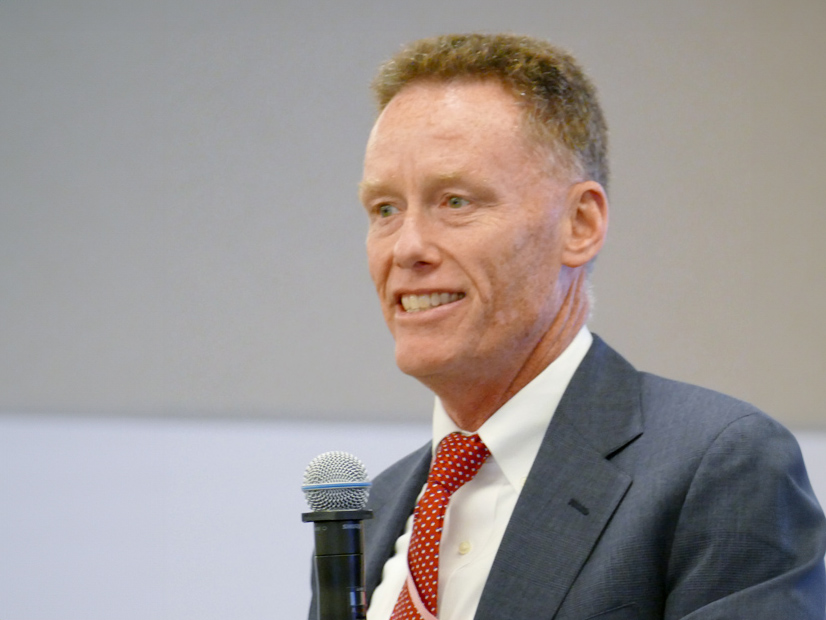VALLEY FORGE, Pa. — PJM presented to the Planning Committee on Oct. 8 an overview of a concept it is developing to allow high-capacity factor resources to be accelerated into the Phase 1 study period of Transmission Cycle 2 (TC2). If approved by the PJM Board of Managers and FERC, a new application window would be opened for generation developers to propose new projects.
The Dec. 17 application window for TC2 would not be changed with the goal of having little to no impact on the milestones for projects that already have been sorted into that cycle. A special session of the PC has been scheduled for Oct. 18 to discuss the proposal in more detail.
“We’ve been having a lot of internal discussions on what we can do and address the potential resource adequacy concern that we have,” PJM Vice President of Planning Paul McGlynn said, adding that the RTO sees the concept as a one-time opportunity to use TC2 to allow more resources to enter the study process to get interconnected more quickly.
Director of Interconnection Planning Donnie Bielak said staff have looked at every technical approach to getting significant quantities of capacity online soon enough, and this was the only one that met the reliability needs projected toward the end of the decade. (See “PJM Models Suggest Capacity Shortfall Possible in 2029/30 Delivery Year,” PJM PC/TEAC Briefs: Aug. 6, 2024.)
Bielak said there would be strict reliability criteria to determine which projects are eligible, with it likely that only a “very, very select few” would qualify. More specific details about eligibility will be presented Oct. 18.
Vitol’s Jason Barker said he’s concerned about the precedent this would set and the possibility PJM may seek similar modifications to the queue structure in the future.
Barker asked if developers who are offered accelerated queue positions will be required to post security to assure timely commercial operation or if an accelerated project fails to meet the promised commercial operation dates, it will be liable for damages to prior queue participants for cost shifts caused by the discriminatory acceleration of the so-called reliability projects.
Even with expediting, he said there are supply chain issues affecting the entire industry that could affect the preferred projects.




